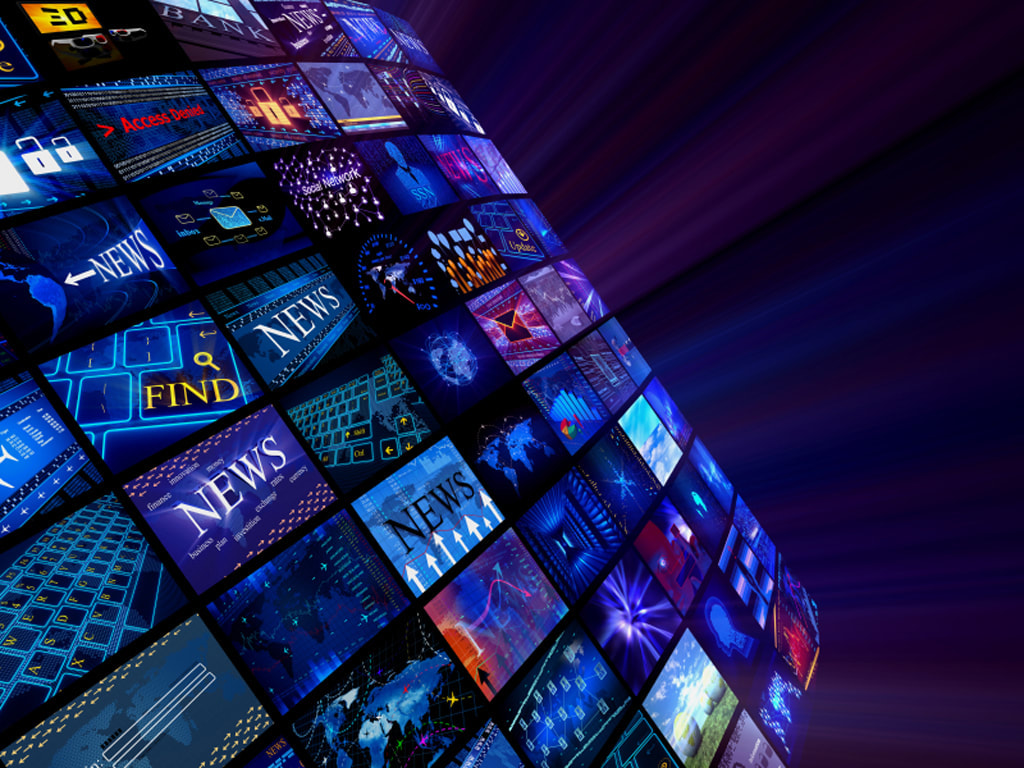The researchers estimated the causal effect on website pageviews and Twitter discussion of the articles’ specific subjects, and national Twitter conversation in broad policy areas. The intervention increased discussion in each broad policy area by ~62.7% (relative to a day’s volume), accounting for 13,166 additional posts over the treatment week, with similar effects across population subgroups. Background The fields of political communication in general and media effects in particular are broad, deep, methodologically sophisticated, and central to social science. They have covered persuasion, agenda setting, attitude formation, diffusion, gatekeeping, priming and agenda setting, issue framing, and numerous other topics, and are built on a wide range of intellectual traditions. The focus of this research was on an aspect of political communication with special relevance to the study of representative democracy: how the news media activate public expression, causing citizens to discuss major issues of policy and politics as part of the ongoing, collective “national conversation.” A well-functioning democracy larger than the sum of individual attitudes and behaviors requires public discussion and engagement among citizens on major issues of the day. Indeed, “political participation is not merely about trying to influence policy but also about trying to induce others to participate and give voice”. Although governments may easily dismiss any individual’s opinion, collective public expression has a powerful impact on the behavior of government officials and the public policies they promote. The power of collective expression is a central feature of both representative democracy—where “the more the people are aware of each others' opinions, the stronger the incentive for those who govern to take those opinions into account." Thus the researchers studied the effects of the media on expressed public opinion and with a focus not on changes in individual behavior or attitudes but instead on the content of the national conversation. Today, researchers can take advantage of the fact that much of the conversation has moved to, and is recorded in, the 750 million social media posts that appear publicly on the web every day. Take Away The total effect indicates that the researchers experimental intervention overall caused a 62.7% increase in social media posts over the week relative to the average day’s volume (or 10.4% relative to the entire week), which on average in a policy area accounts for Americans writing a total of 13,166 additional social media posts solely because of the intervention. The national conversation really is one conversation, at least among those able to participate in social media; even if they do not interact with each other, the evidence indicates that they are being influenced in similar ways by the news media. These results should serve as a reminder of the importance of the ongoing and interconnected national conversation Americans have around major issues of public policy. This conversation is a fundamental characteristic of modern large-scale government, the content of which has important implications for the behavior of officeholders and public policies. We also find—among those who participate in social media—that the effects of the news media are approximately the same across citizens of different political parties, genders, regions, and influence in social media, further supporting the idea that the conversation is truly national. Given the tremendous power of media outlets to set the agenda for public discussion, the ideological and policy perspectives of those who own media outlets have considerable importance for the nature of American democracy and public policy. The ideological balance across the news media ecosystem, among the owners of media outlets, needs considerable attention as well. The ability of the media to powerfully influence our national conversation also suggests profound implications for future research on “fake news” potentially having similar effect sizes or “filter bubbles” potentially reducing or directing these effects. References King, G., Schneer, B. and White, A. (2017). How the news media activate public expression and influence national agendas. Science, [online] 358(6364), pp.776-780. Available at: http://dx.doi.org/10.1126/science.aao1100 [Accessed 18 Nov. 2017].
0 Comments
Leave a Reply. |
This feed contains research, news, information, observations, and ideas at the level of the world.
Archives
May 2024
Categories
All
|


 RSS Feed
RSS Feed

